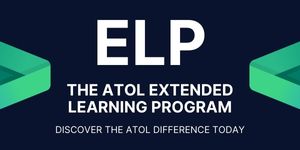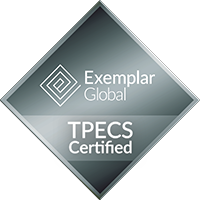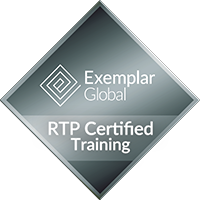| Approx Course Duration *: | Equivalent to 24 Hours (3 days full-time study) |
| Access to Course Content: | 18 Months from the date of enrolment |
| Qualification/s: | Internal Auditor Environmental Management Systems |
| Competency Units: |
Exemplar Global (AU) Management Systems Auditing
Exemplar Global (EM) Environmental Management Systems |
| Certificate Type: |
Certificate of Attainment |
| CPD Hours: | 24 Continuing Professional Development Hours |
Internal Auditor Environmental Management Systems
With the completion of this course, you will have gained an understanding of your own organization's Environmental Management System (EMS) and support the growth of continual improvement as an internal auditor. Your training will allow you to apply these skills across all industries around the world.
- Promote yourself as an Internal Auditor of an EMS
- Perform EMS internal audits on behalf of your organization
- Assess your organization’s EMS against ISO 14001:2015 requirements
- Write, review and provide feedback on EMS audit reports
- Understand the processes that you can implement within your organization to gain the benefits of an EMS
- Conduct corrective action to prevent recurrence
- Document nonconformances within an internal audit report
Are You Looking for Virtual Training?
If you are interested in obtaining your auditing qualification through live instructor-led virtual training visit our Virtual Training course page for more information.
Course Modules:
| Introduction to Management Systems Auditing | Managing the Audit Programme |
| The Auditor | Competence of the Auditor |
| Audit Procedures | Initiating the Audit |
| Conducting the Document Review | Prepare for Audit Activities |
| Conducting Audit Activities | Preparing the Audit Report |
| Completing the Audit and Conducting Followups | Introduction to ISO 14001:2015 incl Clauses 1-3 |
| ISO 14001 Clause 3 Terms and definitions | ISO 14001 Clause 4 Context of the organization |
| ISO 14001 Clause 5 Leadership and worker participation | ISO 14001 Clause 6 Planning |
| ISO 14001 Clause 7 Support | ISO 14001 Clause 8 Operation |
| ISO 14001 Clause 9 Performance evaluation | ISO 14001 Clause 10 Improvement |
The courses are broken up into a series of modules and the assessment is completed as part of the learning, step-by-step, module-by-module.
Knowledge Checks
At the end of each module, you are given the opportunity to complete a non-graded Knowledge Check before moving on to your final assessments. You can view the content and complete the knowledge checks as many times as you like. These are marked instantly by the learning management system so you know exactly which content you may need to review further. This gets you confident and prepared to do the final module assessment.
Module Assessment
Once you are confident that you have a thorough understanding of the content you can move on to the module assessment. You are given three attempts at each assessment, after which it is locked for review by a trainer and assessor to see how we can best help you. The assessment is then unlocked for another three attempts, providing you with the time and support needed to review content, review results, and consult with assessors.
We have found that students with all types of learning styles find this an effective way to receive their qualifications.
Course details:
-
Online Self-Paced
-
Approx 24 hours full-time study*
-
Exemplar Global International/Industry Recognized
-
Standard: ISO 19011:2018 and ISO 14001:2015
-
No prerequisites required
* All ATOL courses are delivered in such a way you can work through them at your own pace, the actual time to complete the training may change depending on the individual learners' experience and/or learning style




















 NO PREREQUISITES
NO PREREQUISITES